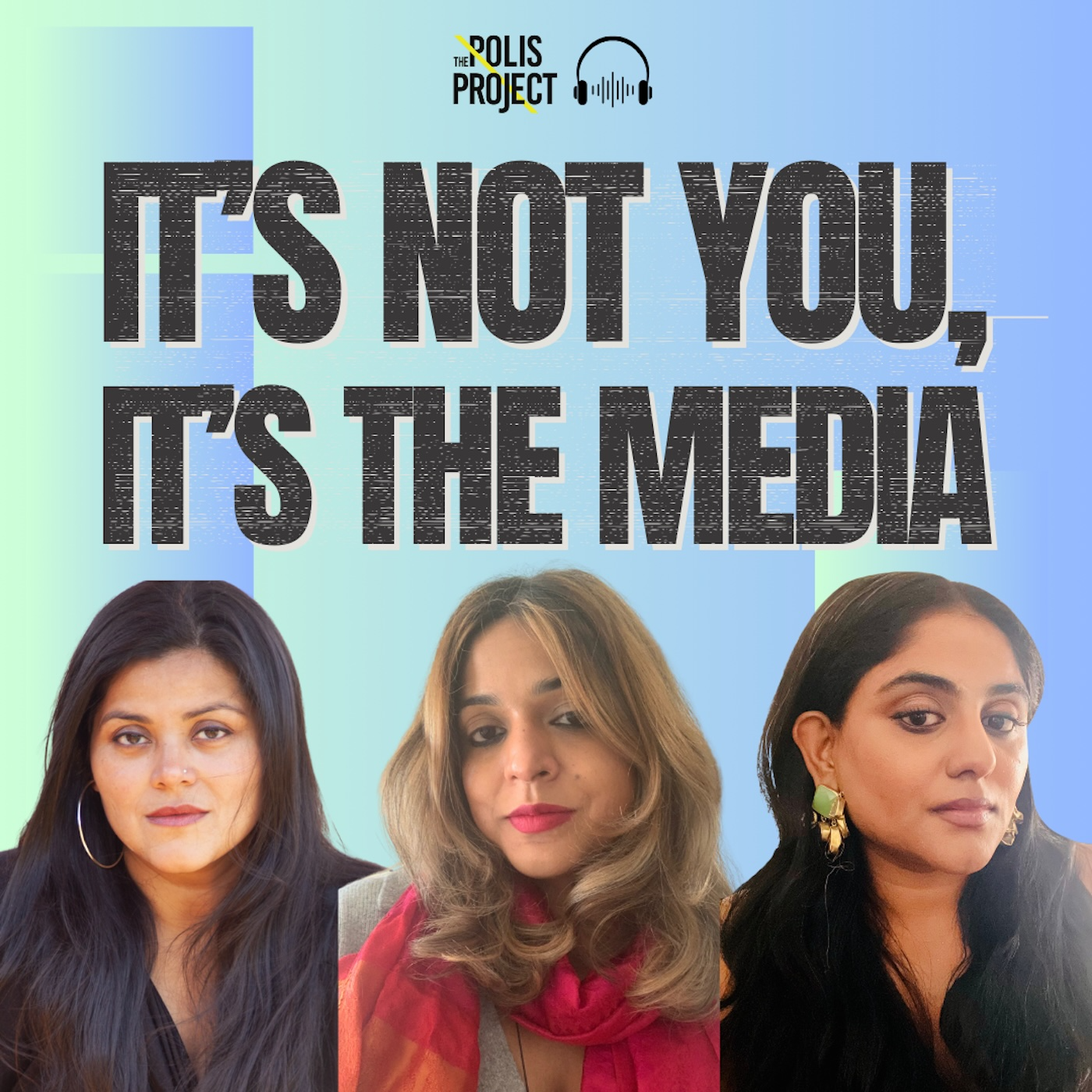The Media's Blame Games
Suchitra, Bhakti, and Madhuri discuss narratives of blame in the aftermath of the loss of Kamala Harris and the Democratic Party in the 2024 US elections. Donald Trump’s win sent shockwaves through liberal media who have been uncritically championing a candidate who played to the center and styled herself as a conservative rather than connecting with her progressive base. Within hours of exit polls, the blame games began on social media and in mainstream outlets. The episode works through the main groups being falsely blamed: progressives, Latinos, Muslims, Black men, misogyny, third-party candidates such as Jill Stein, and President Biden. The conversation exposes the media’s racist and sexist biases and their deliberate sidelining of the genocide in Palestine. It emphasizes the importance of third-party candidates, and insists on the need for accountability within the Democratic Party and the media. The discussion highlights the disillusionment of voters and the consequences of shifting blame rather than addressing systemic issues.
Key Takeaways:
- The Democratic Party has always relied on the votes of minority and progressive communities to win elections, and despite the results, they are continuously thrown under the bus by the Democrats. The media often promotes this rhetoric and shifts blame to marginalized groups after election losses.
- Misogyny and racism are frequently used as scapegoats and tools to escape accountability in political narratives.
- Votes during elections are neither owed nor are they for granted, an attribute which is often weaponized by the Democratic Party to further their interests.
- The Democratic Party's failure to connect with its base leads to disillusionment.
- Third-party candidates like Jill Stein are unfairly vilified for election outcomes.
- Voter disillusionment is a significant factor in recent election results.
- The two-party system is increasingly seen as inadequate by the electorate.
- Liberal media weaponizes identity politics to shape media narratives that can influence public perception and accountability.
- The blame game distracts from the real issues at play in elections.
- The consequences of ignoring voter needs can be dire for political parties as voters are capable of making sound and different decisions.
Keywords: media, blame games, election outcomes, Kamala Harris, misogyny, racism, third-party candidates, voter disillusionment, political narratives, accountability
References:
- CNN 2024 US Presidential Elections Exit Polls - https://edition.cnn.com/election/2024/exit-polls/national-results/general/president/0
- Owen Jones (X/Twitter post) - https://x.com/owenjonesjourno/status/1854523217475506674
- Yasmin Nair - Kamala Harris Will Lose https://yasminnair.com/kamala-harris-will-lose/
- Ruby Hamad - Re/Orient: To Scorn Third-Party Voters Is To Demand Two Increasingly Draconian Options https://www.thepolisproject.com/read/third-party-democracy-re-orient/
A podcast by The Polis Project https://www.thepolisproject.com/

